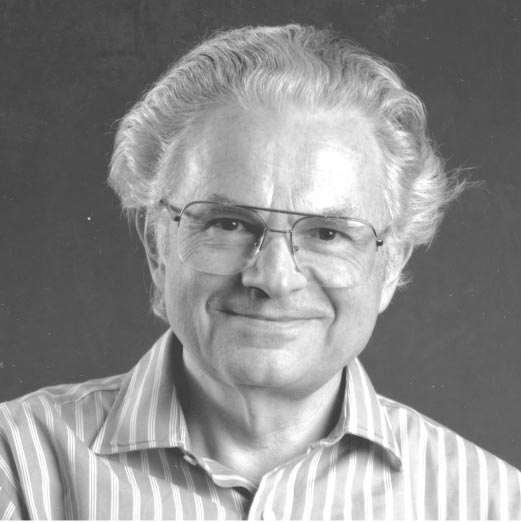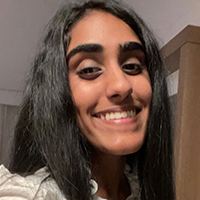In memoriam: Igor Dawid
Igor Dawid, a pioneer in developmental biology and genetics who worked on the molecular mechanisms of development, using the African clawed frog and zebrafish as model systems, died Feb. 13. He was 88 years old and had Parkinson’s disease.

Dawid was born in the city of Chernivtsi, in what is now part of Ukraine, on Feb. 26, 1936. His family survived the Holocaust by escaping several Nazi round-ups, and after the war, they settled in Vienna. In 1960, he graduated from the University of Vienna with a Ph.D. in chemistry. He earned a postdoctoral position at the Massachusetts Institute of Technology, where he discovered his interest in biochemistry (there was no biochemistry curriculum at the University of Vienna).
After completing his postdoctoral studies, Dawid became a senior scientist in the embryology department at the Carnegie Institution of Washington in Baltimore and served as a part-time assistant professor at John Hopkins University. In 1978, he moved to the National Institutes of Health in Bethesda, Maryland, and in 1982, he became chief of the Laboratory of Molecular Genetics at the National Institute of Child Health and Human Development. He also led the Program in Genomics of Differentiation. Dawid retired in 2016.
During the African clawed frog’s oocyte production, researchers have observed hundreds or thousands of extra nucleoli. Dawid and colleague Donald Brown discovered that extrachromosomal nucleoli have copies of genes for ribosomal RNA. Additionally, Dawid found that the extramitochondrial DNA in frog eggs is of maternal origin. These findings have contributed to understanding molecular mechanisms of development and helped scientists understand the role of mitochondrial DNA in metabolism and disease. He also worked on uncovering the molecular mechanisms of axis speciation in zebrafish and frogs during gastrulation.
Dawid was a member of the American Society for Biochemistry and Molecular Biology for 56 years. He was elected a member of the National Academy of Sciences in 1981. In 2008, he received the Lifetime Achievement Award from the Society for Developmental Biology. He was editor-in-chief for the journal Developmental Biology and served on editorial teams for many other journals.
His colleagues considered Dawid a pioneer in Xenopus (African clawed frog) research. Sally Moody, a professor emerita at George Washington University, recalled his influence and passion in a remembrance on the Xenbase website: “Igor enthusiastically advocated for Xenopus research whenever the NICHD leadership asked for input on investment, thus having a major impact on funding decisions,” she wrote.
“I remember Igor with great respect and affection not only for his impressive scientific contributions, his many impressive trainees, and his generosity to my research efforts, but also for his unwavering gift of time, resources and commitment to the Xenopus community.”
Dawid is survived by his wife, Keiko Ozato Dawid, a NICHD senior investigator and immunologist.
Enjoy reading ASBMB Today?
Become a member to receive the print edition four times a year and the digital edition monthly.
Learn moreGet the latest from ASBMB Today
Enter your email address, and we’ll send you a weekly email with recent articles, interviews and more.
Latest in People
People highlights or most popular articles

The data that did not fit
Brent Stockwell’s perseverance and work on the small molecule erastin led to the identification of ferroptosis, a regulated form of cell death with implications for cancer, neurodegeneration and infection.

Building a career in nutrition across continents
Driven by past women in science, Kazi Sarjana Safain left Bangladesh and pursued a scientific career in the U.S.

Kiessling wins glycobiology award
She was honored by the Society for Glycobiology for her work on protein–glycan interactions.

2026 ASBMB election results
Meet the new Council members and Nominating Committee member.

Simcox wins SACNAS mentorship award
She was recognized for her sustained excellence in mentorship and was honored at SACNAS’ 2025 National Conference.

From humble beginnings to unlocking lysosomal secrets
Monther Abu–Remaileh will receive the ASBMB’s 2026 Walter A. Shaw Young Investigator Award in Lipid Research at the ASBMB Annual Meeting, March 7-10 in Washington, D.C.

